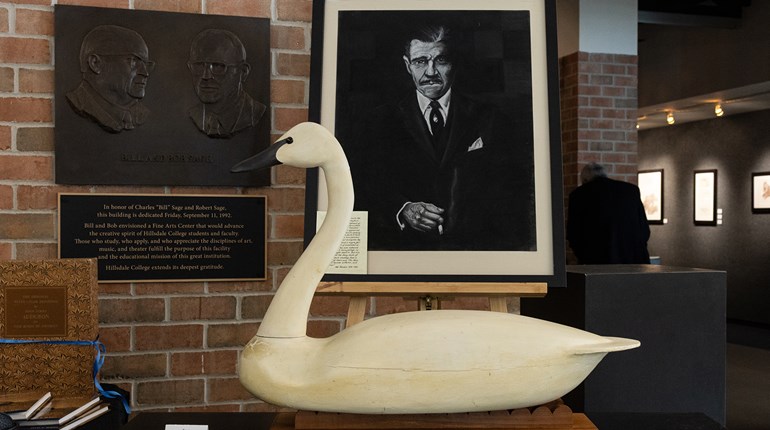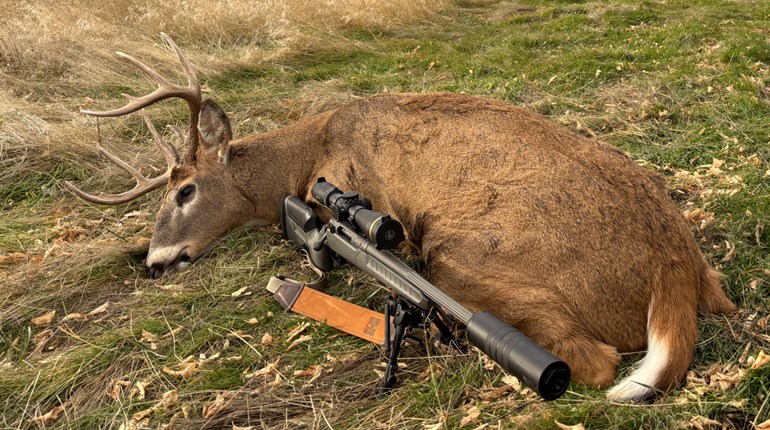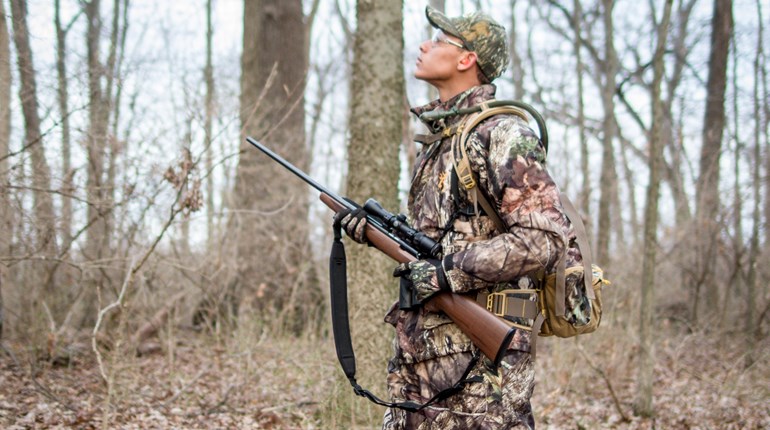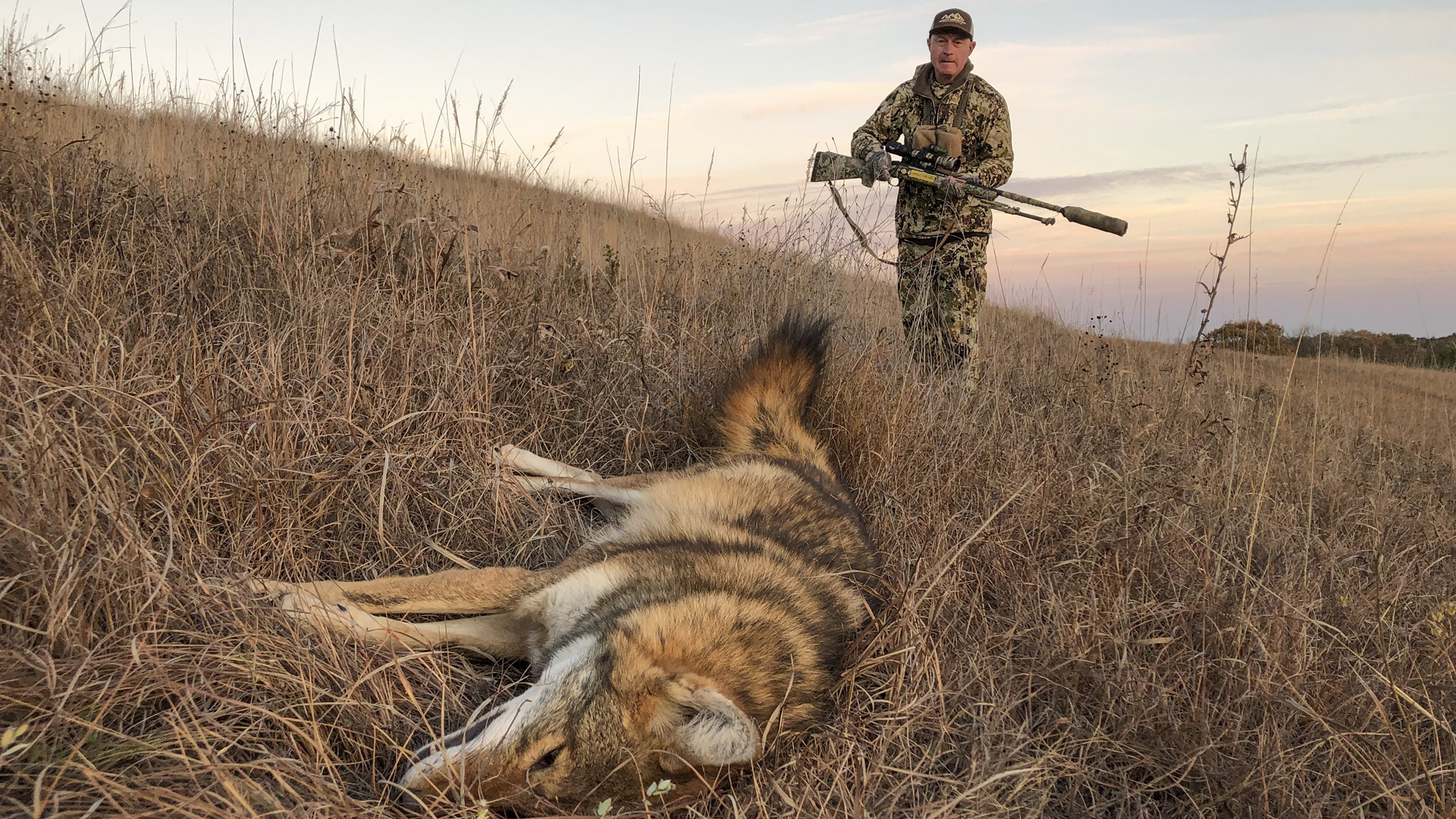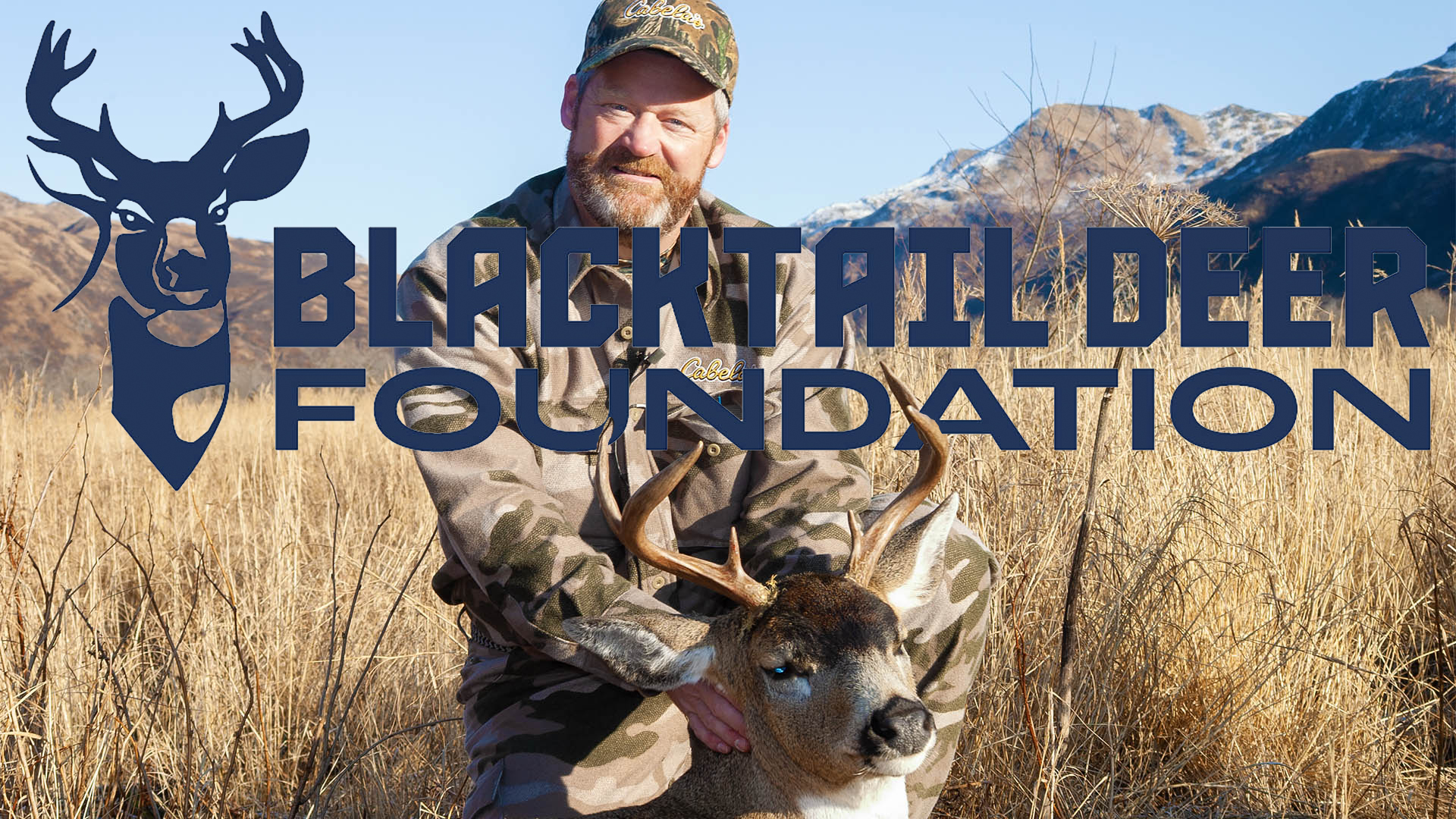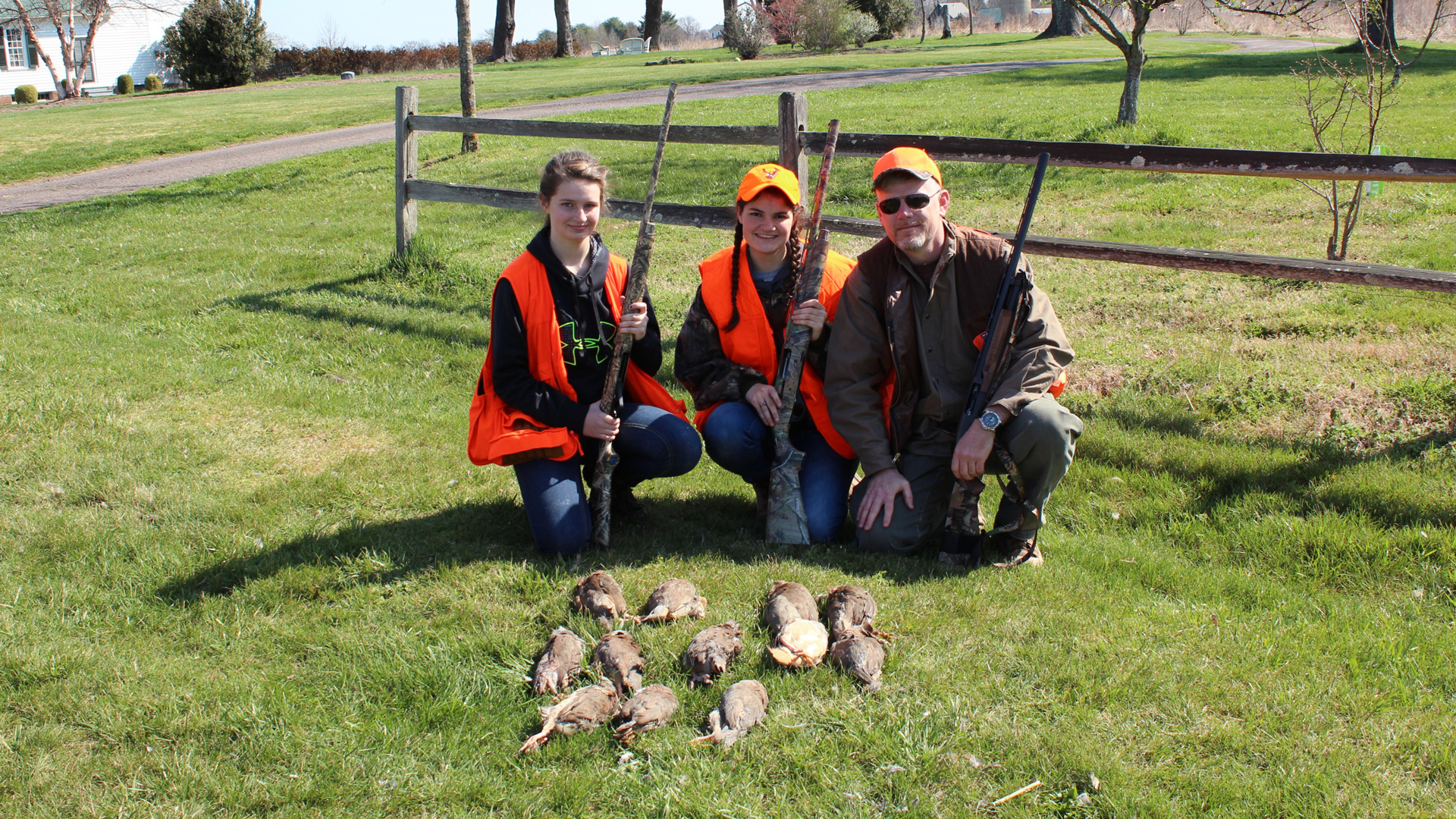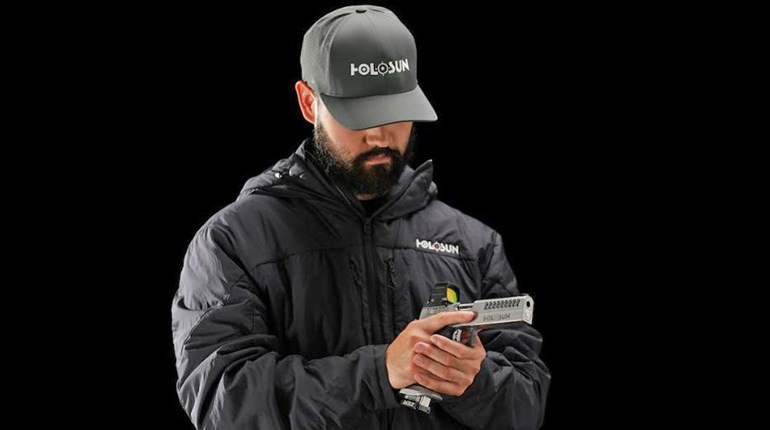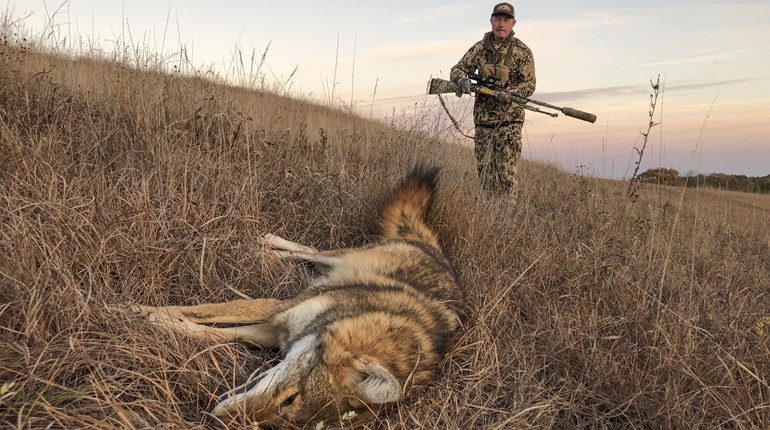There's no real shortage of cover scents on the market. Whether it's a day-of aerosol spray, a night-before shampoo or "Scent-Lok" clothing, hunters have been offered a variety of ways to fool the nose of their prey over the years. That very same technology may soon be called to perform an even trickier duty in coming years, though, following a report presented at a meeting of the American Chemical Society earlier this week.
According to an official release, scientists at the 247th National Meeting & Exposition of the American Chemical Society (ACS) presented evidence that they say proves that the science behind suppressing a hunter's scent could help develop a life-saving device for diabetes patients.
The discovery was nearly accidental. Dr. Bronson Strickland, a researcher within Mississippi State's Wildlife Ecology department, was studying odor-reducing products geared toward deer hunters, in hopes of isolating which specific ingredients in a human's body odor spooked deer.
“The hunting community, the deer hunters in this case, are always looking for ways to beat the deer, so to speak, in terms of scent control,” Strickland said. “A deer’s sense of smell, like a dog’s, can be anywhere from 500 to 1,000 times more acute than a human’s.”
His research brought him into contact with Shimatha Dissanayake and Todd Mlsna, who had been studying volatile organic compounds (VOCs), which are, for all intents and purposes, what create each person's unique smell.
Dissanayake and Mlsna are hoping that Strickland's data will help them isolate the VOCs that are often early signs of disease. If they can do that, they might have a chance of producing an artificial "nose" that can perform the same duties as, say, a diabetes alert dog.
It's a bold proposal, for sure. But one well worth the effort—and one that started as a simple study into what those darn deer find so offensive about our smell.
For more information, check out the complete release at ACS.org.












